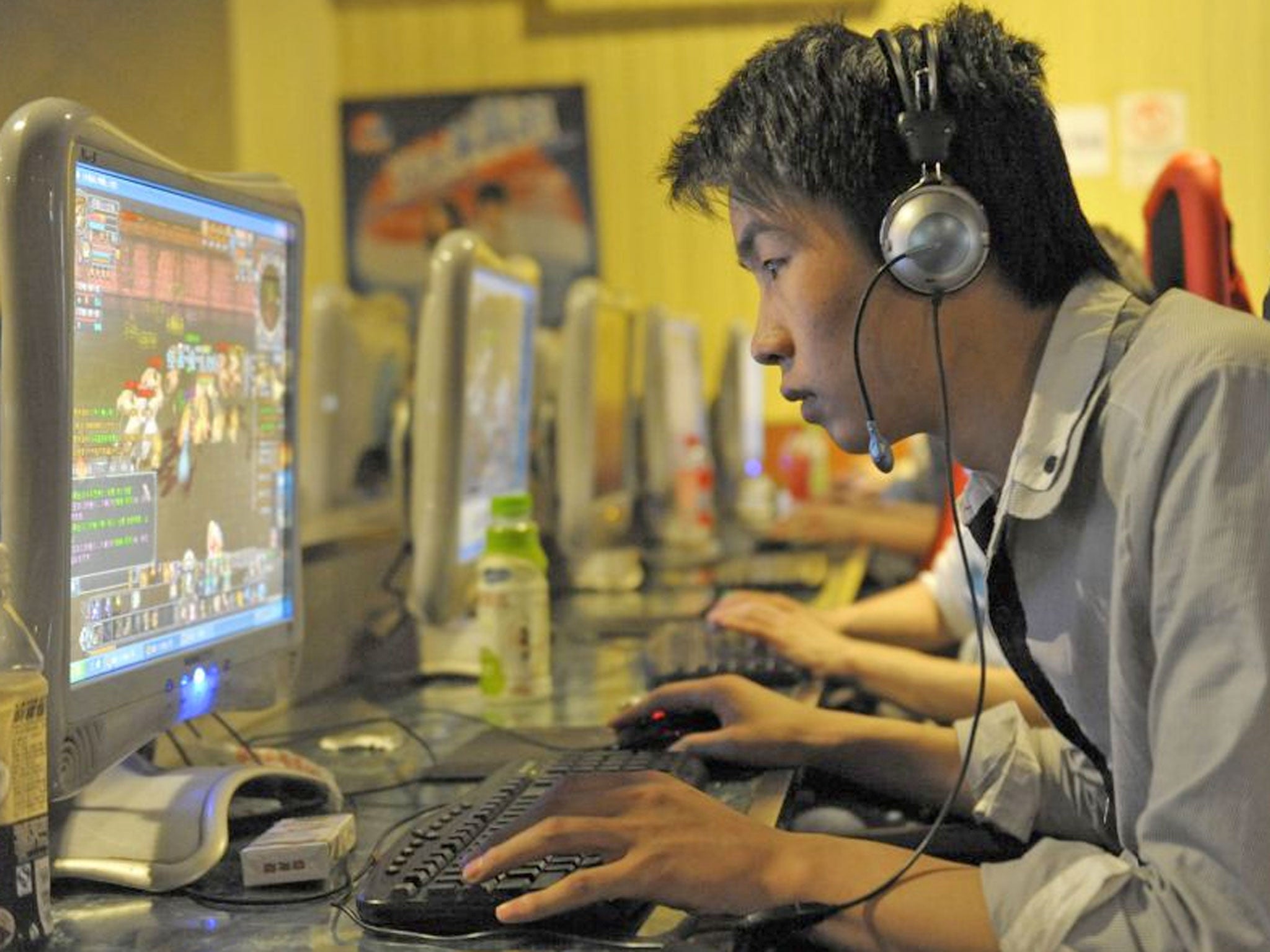Outlook email taken down in China, as Gmail block continues
Monitoring site claims that outage was the work of the government body that censors the internet

Your support helps us to tell the story
From reproductive rights to climate change to Big Tech, The Independent is on the ground when the story is developing. Whether it's investigating the financials of Elon Musk's pro-Trump PAC or producing our latest documentary, 'The A Word', which shines a light on the American women fighting for reproductive rights, we know how important it is to parse out the facts from the messaging.
At such a critical moment in US history, we need reporters on the ground. Your donation allows us to keep sending journalists to speak to both sides of the story.
The Independent is trusted by Americans across the entire political spectrum. And unlike many other quality news outlets, we choose not to lock Americans out of our reporting and analysis with paywalls. We believe quality journalism should be available to everyone, paid for by those who can afford it.
Your support makes all the difference.Microsoft’s Outlook email service seems to have been taken offline over the weekend, weeks after Google’s Gmail was taken offline.
Outlook appears to have been taking down using a “man-in-the-middle” attack, according to Greatfire.org, the Chinese internet monitoring group. Such attacks allow those carrying them out to listen in on emails — users are usually alerted to the fact by a pop-up, but not always, and stopping people doing so will mean not using email at all.
The attack only worked for those viewing outlook through desktop clients, and web interfaces like Outlook.com remain online.
The attack comes weeks after Gmail was taken offline at Christmas. Though service seemed initially to have resumed, it is still offline for many people and Google’s transparency report shows that traffic from China is vastly reduced.
Though the Outlook hack seems to have been fixed and so only lasted for a day, it was potentially more damaging since it meant that whoever was carrying it out could read emails, rather than taking the service offline.
Greatfire.org said that it suspected that the Cyberspace Administration of China, which mains the “great firewall” was responsible for the attack “or have willingly allowed it to happen”.
The site wrote: “If our accusation is correct, this new attack signals that the Chinese authorities are intent on further cracking down on communication methods that they cannot readily monitor.”
Join our commenting forum
Join thought-provoking conversations, follow other Independent readers and see their replies
Comments